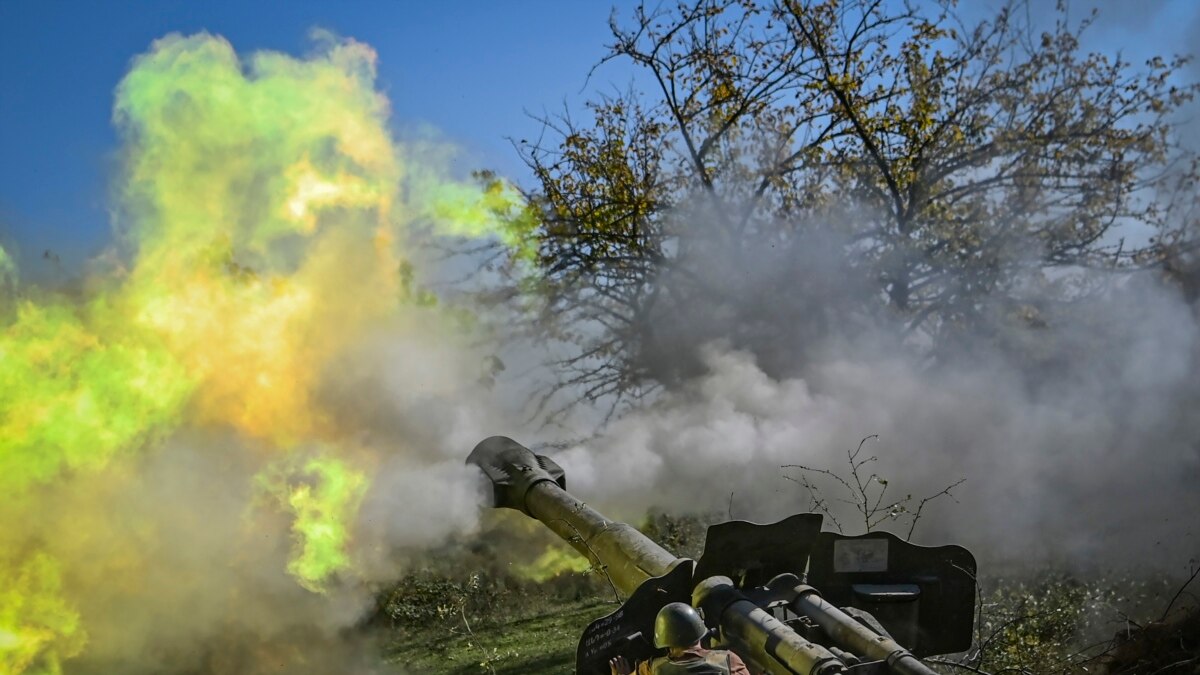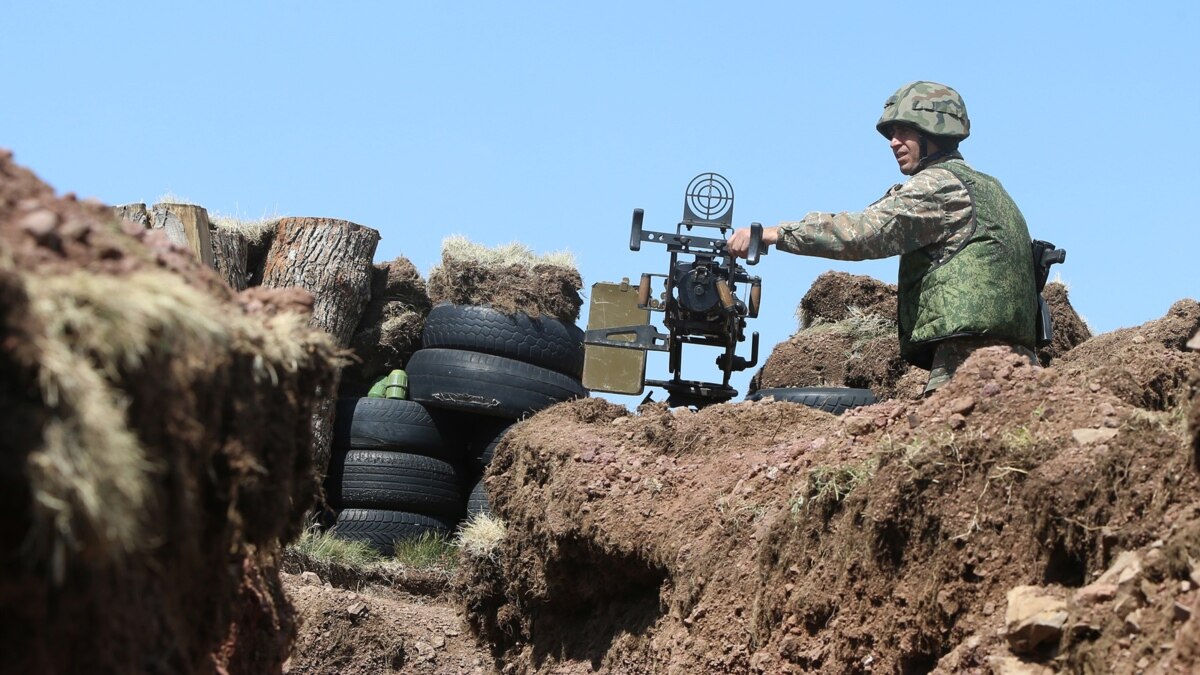"Baku promised Moscow to delay signing the agreement with Armenia" – Opinion from Yerevan
Azerbaijan-Armenia agreement and Russia
This morning, the Azerbaijani Ministry of Defence issued a statement accusing Armenian forces of shelling Azerbaijani positions. A similar statement was made by Baku the day before. Yerevan has denied both claims.
It is notable that both statements concern alleged violations of the ceasefire in the direction of Nakhchivan. Azerbaijan periodically raises the issue of unblocking the road connecting it to the exclave. Armenian authorities have responded with a willingness to open the communications, but under their jurisdiction. Baku insists on an extraterritorial corridor, which Armenia will not control.
Political scientist Areg Kochinyan does not rule out that Baku intends to use these statements as a pretext to advance its demands. This provides an opportunity to argue that “the road under Armenian jurisdiction, which violates the ceasefire, cannot be safe.” However, according to Kochinyan, the main goal of the Azerbaijani Defence Ministry’s statements is to create a pretext for delaying the signing of the peace agreement with Armenia.
“This is not related to the COP-29 conference taking place in Baku in November, but rather to the results of the U.S. presidential elections. Furthermore, the delay is related to certain obligations towards Russia, which means Baku either will not sign or will significantly delay the signing of the peace agreement,” Kochinyan said in an interview with JAMnews.
- “Dissolution of Minsk Group aligns with Yerevan’s interests” – Armenian political scientist
- Yerevan and Baku to exclude one contentious issue from the peace agreement. What’s next?
- “The U.S. has no strong leverage over Baku, but It has a plan”: An opinion from Yerevan
Details of Baku’s statements
Today, the Azerbaijani Ministry of Defence reported that the Armenian side opened fire with small arms on Azerbaijani army positions in the Sadarak district of Nakhchivan.
“The Azerbaijani army units took retaliatory measures,” the statement said.
The day before, official Baku accused Yerevan of shelling Azerbaijani army positions near the settlement of Ganza, also in Nakhchivan.
Yerevan’s response: A reminder of its proposal
The Armenian Ministry of Defence quickly responded to the statements from Baku, asserting that they were not accurate.
“Let us remind you that the Office of the prime minister of the Republic of Armenia, through diplomatic channels, proposed to the Office of the president of Azerbaijan the creation of a bilateral mechanism for investigating ceasefire violations,” the Armenian Ministry of Defence said in both of its statements denying Baku’s claims.
“Given that the Armenian government’s desire is to prevent the escalation of tensions, the prime minister’s Office of Armenia, through diplomatic channels, proposed to the office of the president of Azerbaijan to establish a bilateral mechanism for investigating ceasefire violations. The prime minister’s Office of Armenia suggests starting the practical implementation of this mechanism,” reads the statement from the Armenian prime minister’s Office dated June 22.
So far, Baku has not responded to Yerevan’s proposal.
Azerbaijan-Armenia agreement and Russia
Commentary
Political scientist Areg Kochinyan suggests that once the issues of border delimitation and demarcation, as well as the unblocking of communications, are removed from the peace treaty’s text, it can be said that the document is fully prepared and that “nothing else stands in the way of its signing.”
“In this situation, Azerbaijan needs new pretexts, beyond the artificial and even absurd claim that Armenia’s constitution allegedly contains provisions preventing the signing of the treaty. The reports of ceasefire violations can be seen as creating these pretexts,” Kochinyan says.
The analyst believes that Baku intends to delay the signing of the agreement at least until November, with the primary reason being the upcoming U.S. presidential elections.
Additionally, he thinks that Azerbaijan has a commitment to Russia “not to sign or to delay the signing of the peace treaty as long as possible.” Kochinyan views this as a minimum objective, with the maximum goal being to bring Armenian-Azerbaijani negotiations back to Moscow’s platform.
At the same time, Kochinyan is convinced that Armenia should continue to make constructive proposals, regardless of whether Baku responds:
“It would be highly beneficial if the Armenian side also proposed a mechanism for preventing ceasefire violations. For instance, the creation of a joint objective control mechanism along the entire border. I’m referring to a system of video and audio recording that would allow for round-the-clock monitoring of the entire border.”
Azerbaijan-Armenia agreement and Russia




















